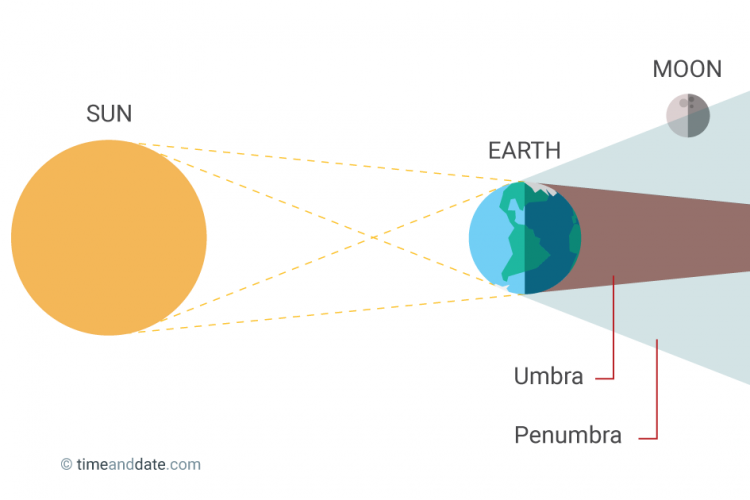
penumbra [pi-nuhm-bruh] ExamplesWord Origin noun, plural pe·num·brae [pi-nuhm-bree] /pɪˈnʌm bri/, pe·num·bras.
- Astronomy.
- the partial or imperfect shadow outside the complete shadow of an opaque body, as a planet, where the light from the source of illumination is only partly cut off.Compare umbra(def 3a).
- the grayish marginal portion of a sunspot.Compare umbra(def 3b).
- a shadowy, indefinite, or marginal area.
Origin of penumbra 1660–70; New Latin, equivalent to Latin paen- pen- + umbra shadeRelated formspe·num·bral, pe·num·brous, adjective Examples from the Web for penumbral Historical Examples of penumbral
The line between the real and imaginary is vague and penumbral to us.
H. Belloc
It may be that all the elements of the penumbral cone intersect the earth.
Encyclopaedia Britannica, 11th Edition, Volume 8, Slice 10
Various
Isabel snuck into the guest bedroom and settled into an overstuffed armchair at a penumbral corner.
Sam Vaknin
Strange, penumbral, characters roam the boardrooms of banks in the countries in transition.
Sam Vaknin
The penumbral line is marked from hour to hour on the maps given annually in the American Ephemeris.
Encyclopaedia Britannica, 11th Edition, Volume 8, Slice 10
Various
British Dictionary definitions for penumbral penumbra noun plural -brae (-briː) or -bras
- a fringe region of half shadow resulting from the partial obstruction of light by an opaque object
- astronomy the lighter and outer region of a sunspot
- painting the point or area in which light and shade blend
Compare umbra Derived Formspenumbral or penumbrous, adjectiveWord Origin for penumbra C17: via New Latin from Latin paene almost + umbra shadow Word Origin and History for penumbral penumbra n.
1660s, from Modern Latin penumbra “partial shadow outside the complete shadow of an eclipse,” coined 1604 by Kepler from Latin pæne “almost” + umbra “shadow” (see umbrage). Related: Penumbral.
penumbral in Science penumbra [pĭ-nŭm′brə] Plural penumbras penumbrae (pĭ-nŭm′brē)
- A partial shadow between regions of full shadow (the umbra) and full illumination, especially as cast by Earth, the Moon, or another body during an eclipse. During a partial lunar eclipse, a portion of the Moon’s disk remains within the penumbra of Earth’s shadow while the rest is darkened by the umbra. See Note at eclipse.
- The grayish outer part of a sunspot. Compare umbra.
 Liberal Dictionary English Dictionary
Liberal Dictionary English Dictionary